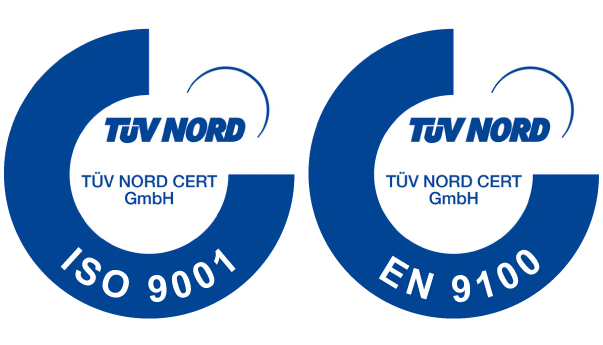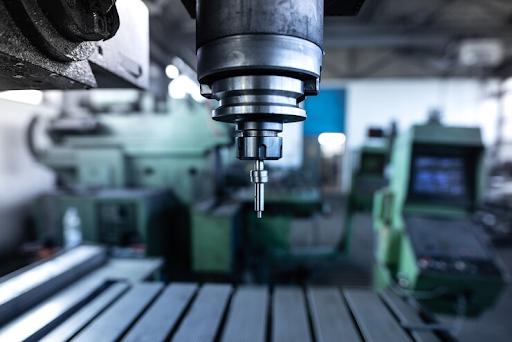The integration of CNC turning with digital manufacturing has revolutionized the production of precision parts. This advanced technique is pivotal for producing CNC-turned components, essential in industries like aerospace, automotive, and electronics. However, while the benefits are numerous, this evolution comes with its own set of challenges.
Let’s just dive into this blog to have a detailed understanding of the benefits and challenges of the CNC turning process in the era of digital manufacturing.
Benefits of CNC Turning in Digital Manufacturing
1. Precision and Consistency
CNC turning machines are unmatched in precision. Such high precision is very critical for the production of complex CNC-turned parts. With their minimal human intervention operation, the machines ensure consistency across batches and meet the strict requirements of aerospace and medical devices.
2. Efficiency and Speed
The use of CAD/CAM software in CNC turning has greatly improved efficiency. Designs can be directly uploaded to machines, thus reducing the time taken to set them up. Along with faster cycle times, this results in quicker production runs without compromising on quality.
3. Flexibility in Production
Digital advancements make CNC machines flexible to complex geometries and different materials, making them ideal for custom and small-batch production. This flexibility is invaluable for prototyping and creating highly specialized CNC-turned components.
4. Reduced Human Error
CNC turning minimizes the risk of errors by automating key aspects of the machining process, ensuring higher quality and reducing waste. This reliability is especially crucial when manufacturing safety-critical parts.
Challenges in CNC Turning
High Initial Investment
Though the long-term benefits are undeniable, the initial cost of acquiring CNC turning machines and integrating them with digital systems is a significant barrier for small to medium-sized manufacturers.
Complex Maintenance and Skill Requirements
Highly developed CNC systems involve periodic servicing and operators skilled in both the mechanical and digital characteristics of the machines. Labor shortages can hinder the full realization of CNC turning machine potential.
Material Challenges
Despite their flexibility, some materials are hard to work with due to either machining difficulties or severe tool wear. Advanced composites and titanium require custom-made tools and processes for manufacturing and are thus challenging to use.
Data Security Issues
In the Industry 4.0 era, where CNC machines are mostly connected to networks, data security is a major issue. Unauthorized access to sensitive design files can lead to intellectual property theft or production disruptions.
Addressing the Challenges
To overcome these challenges, manufacturers can adopt the following strategies:
- Invest in Training: Providing comprehensive training for operators ensures optimal machine performance and reduces downtime.
- Partner with Reliable Suppliers: Sourcing materials and tools from trusted suppliers enhances machining efficiency.
- Leverage Predictive Maintenance: Implementing IoT-enabled monitoring systems helps identify potential issues before they cause machine failures.
- Strengthen Cybersecurity Measures: Encrypting design files and using secure networks can mitigate data security risks.
The Future of CNC Turning in Digital Manufacturing
With advancements in the realms of digital manufacturing, turning within CNC will be one important process that will highly engage the production process more tightly. AI-driven optimizes, machine learning, real-time monitoring, and similar advancements will make the CNC-turned components increasingly good in terms of efficiency and quality, along with improved tooling by materials and coatings where limits on machinability pose the problem today.
Conclusion
CNC turning in the age of digital manufacturing represents a harmonious blend of precision engineering and technological innovation. While it brings with it transformative benefits, challenges need to be addressed for the full potential of this method to be reached.
Given this paradigm, Gemsons Precision Engineering Private Limited, with over 38 years of expertise in CNC machining, has succeeded in setting standards in the industry in terms of precision, quality, and innovation along the lines of CNC-turned components.



Recent Comments